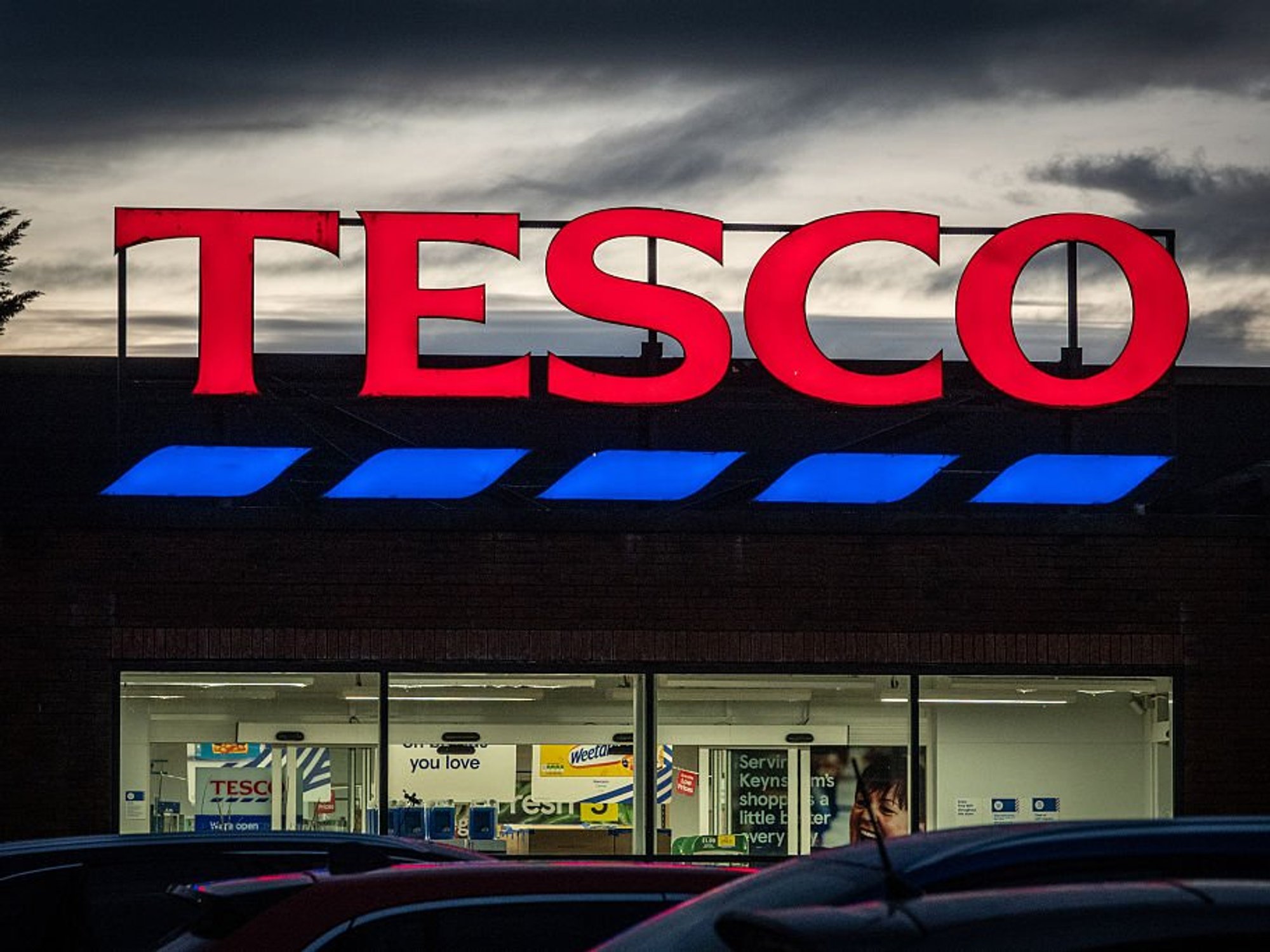Inheritance tax raid on farmers 'threaten most vulnerable' as Labour told to pause changes
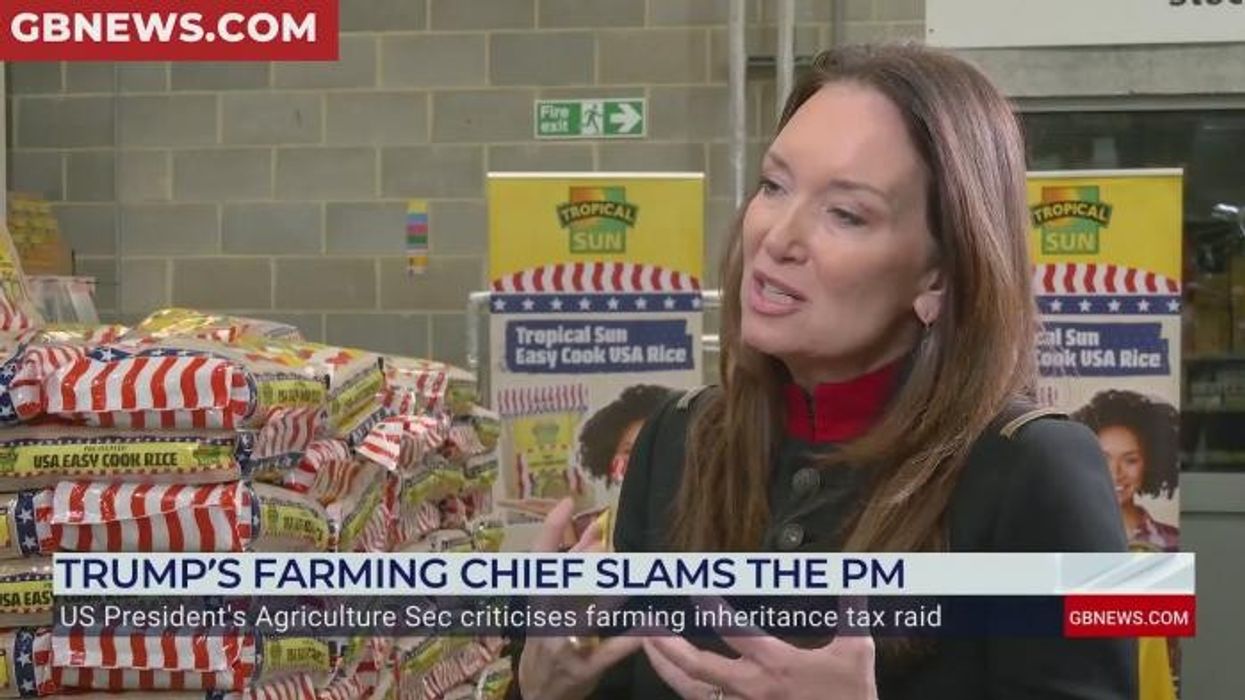
Brooke Rollins urges Britain to put its farmers first amid concerns about changes to inheritance tax. |
GB NEWS

Chancellor Rachel Reeves has faced criticism over her proposed hike to inheritance tax
Don't Miss
Most Read
Labour is being called to postpone its reforms to inheritance tax (IHT), which would see agricultural assets worth more than £1million levied at a rate of 20 per cent.
IHT is charged on the estate of individuals who have passed away, at a rate of 40 per cent if valued above the £325,000 threshold. The charge on farmers is half the usual rate.
A cross-party parliamentary committee has called on the Government to delay its agricultural property relief (APR) and business property relief (BPR) reforms until October 2026, with implementation pushed to April 2027.
The Environment, Food and Rural Affairs Committee report, published earlier this week, argues that postponing the reforms "would allow for better formulation of tax policy and provide an opportunity to convey a positive long-term vision for farming".
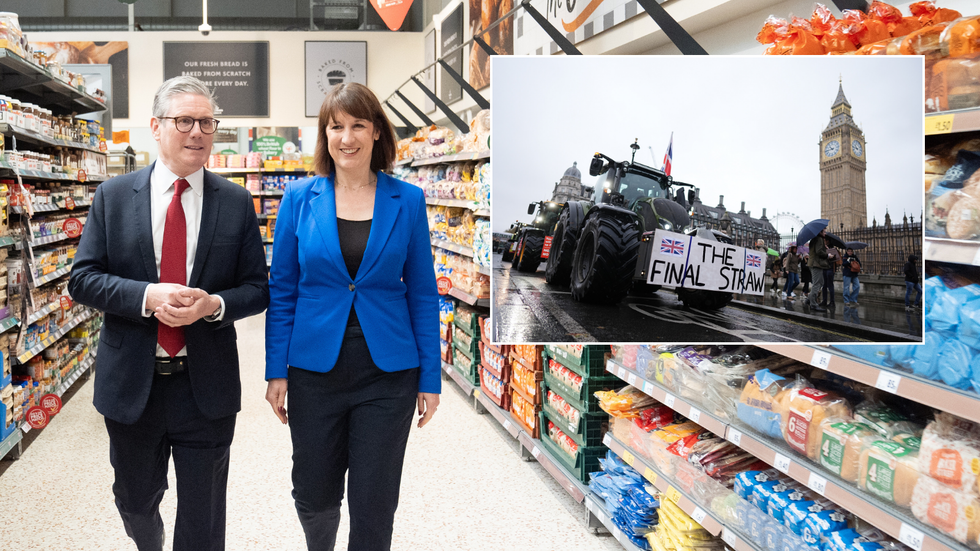
The Government is being called to postpone the inheritance tax raid on farmers
| PAThis delay would also protect vulnerable farmers by giving them "more time to seek appropriate professional advice," according to the report.
The Committee expressed concern that major policies have been announced before completing the strategies meant to inform them.
MPs raised concerns that changes announced in the Autumn Budget 2024 were made without adequate consultation, impact assessment or affordability assessment.
This means the impact of the changes "on family farms, land values, tenant farmers, food security and farmers in the devolved administrations" remains "disputed and unclear" with a risk of unintended consequences.
Do you have a money story you’d like to share? Get in touch by emailing money@gbnews.uk.
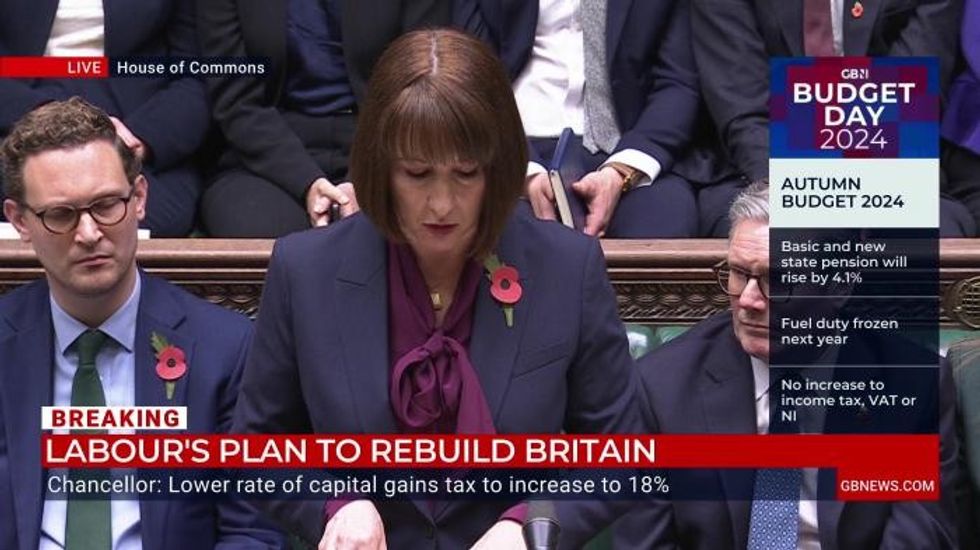
Rachel Reeves says she will also bring inherited pensions into inheritance tax
| GB NEWSThe Committee warns that "reforms threaten to affect the most vulnerable" and wants the Government to consider alternative reforms before finalising its approach.
While supporting the government's aim to close inheritance tax loopholes for wealthy land investors, the Committee urges consultation on alternative proposals that would achieve this without harming small family farms.
A March 2025 survey of UK farmers revealed a dramatic decline in optimism following the Autumn Budget. Before the Budget, 70 per cent of farmers felt optimistic about their rural businesses' future, but this plummeted to just 12 per ent.
As a result, the Committee calls for an alternative funding mechanism to be established by September 2025 to fill the gap for those who missed out on SFI24.
In January, Defra announced plans to publish a 25-year Farming Roadmap, which the Committee says should "urgently set out its vision for the farming sector, achieving food security and the future of the Farming and Countryside Programme."
The report states that this roadmap "should bring together Defra farming policy and programmes into a single vision outlining how they will work together to achieve measurable outcomes for food security and the environment."
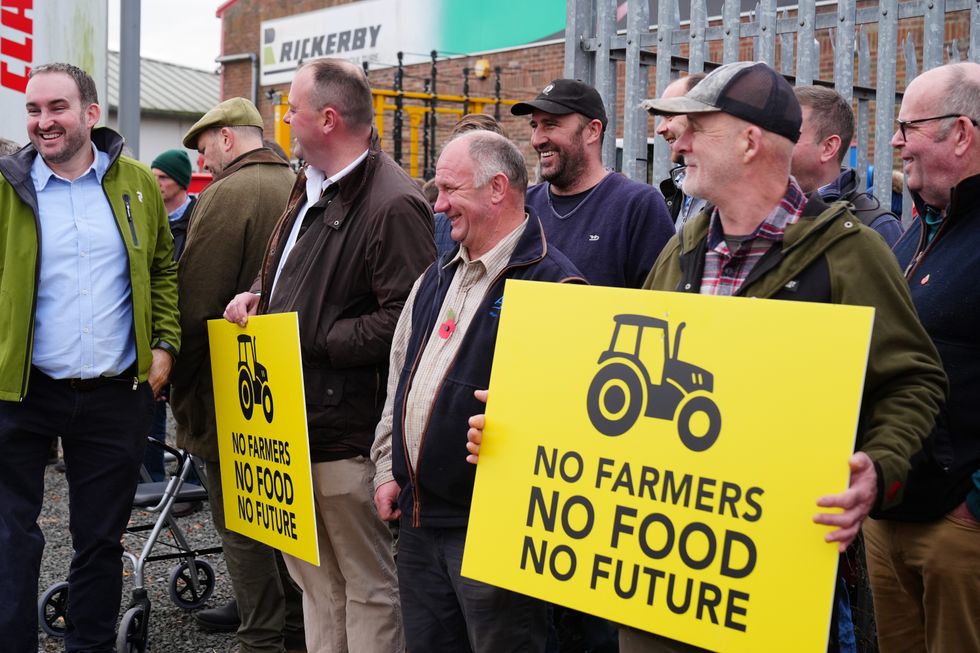 Farmers have been protesting Chancellor Rachel Reeves' Autumn Budget policy for several months | PA
Farmers have been protesting Chancellor Rachel Reeves' Autumn Budget policy for several months | PAThe Committee emphasises that "a restoration of trust is urgently required" between the Government and the farming community.
MPs insist that "lessons must be learned from this failure of communication" to rebuild the damaged relationship.
EFRA Committee Chair Alistair Carmichael MP said: "The way in which the Government has behaved over recent months has clearly negatively affected the confidence and wellbeing of farmers.
"Changes to APR and BPR in the Autumn Budget, the sudden closure of the Capital Grants scheme in November 2024, and the abrupt ending of SFI applications in March have all led farmers to feel that they cannot rely on the Government to live up to its commitments."
He added: "Farmers ought to be the essential element in the Government's plans both to achieve food security and to restore and protect the environment. When they make decisions for their businesses, farmers have to plan for the long term - but the landscape they are operating in currently is unclear."
More From GB News










